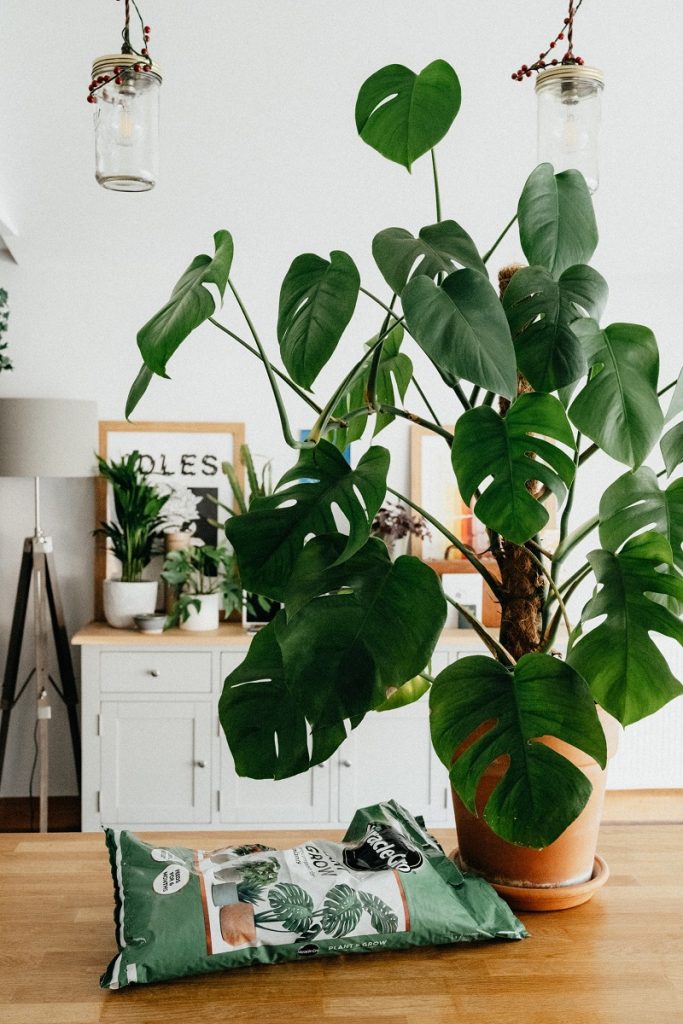In fact, plants that like shade, those that like direct sunlight, those that clean toxins from your home and even those that stimulate the mind! We have been writing about the importance of a healthy home environment on mental health and well being – Top Tip: incorporating plants into particular rooms can make a huge difference. We got the skinny from BBC Gardeners’ World Presenter, Mark Lane, on the right plants to choose for your various living spaces…
‘The longer one is exposed to green spaces, the greater the mental health benefits. There are countless benefits to living in a vibrant city, but NASA Earth Observatory has found such an environment increases neural activity which can be linked to higher levels of stress. However, looking and caring for greenery helps to protect against mood disorders, depression, neurotic behaviour and such stress-related issues. It’s therefore important to seek green sanctuaries outdoors — like parks — and bring the outdoors into your home.’
Plants for your home…

Ridding your home of toxins: The Peace Lily can improve air quality by up to 60%. It helps to reduce the levels of mould spores that grow in the home by absorbing these through its leaves, then circulating them to the plant’s roots where they are used as food. The Snake Plant is one of the highest oxygen-producing plants, while the purple colour of African violets can help stimulate adrenaline release and increase the flow of oxygen to the brain, helping you to relax.
For the kitchen: Choose Aloe Vera for the tabletop, Basil and other herbs for culinary delights and some succulents such as Aeonium sp. and Echeveria sp. on kitchen shelving. Herbs also help with health and wellbeing. Peppermint contains menthol, menthone and limonene which help to ease digestive upsets, plus relieve headaches and migraines.
For the living room: Opt for air purifying plants that also create impact. Philodendron sp. with its large leaves, the Majesty Palm or the Spider Plant are perfect for this. For shelves, choose low-maintenance plants like the Dragon Tree or English Ivy.
For the bedroom: Place Aloe Vera on a sunny windowsill and the Peace Lily or the Ruffle Fern in the shadier areas and corners of the bedroom.
For the study / home office: Many of us are working from home at the moment. Turn to peppermint; this helps to increase alertness and memory, improving concentration. Chamomile has calming properties and increases glycine — an amino acid which relaxes muscles and nerves. Rosemary contains compounds that may be responsible for changes in memory performance. Meanwhile, rosemary increases the likelihood of you remembering to do tasks in future.
For the bathroom: The Peace Lily can help to keep shower tiles and curtains free from mildew and the plant can absorb harmful vapours from alcohol and acetone.

